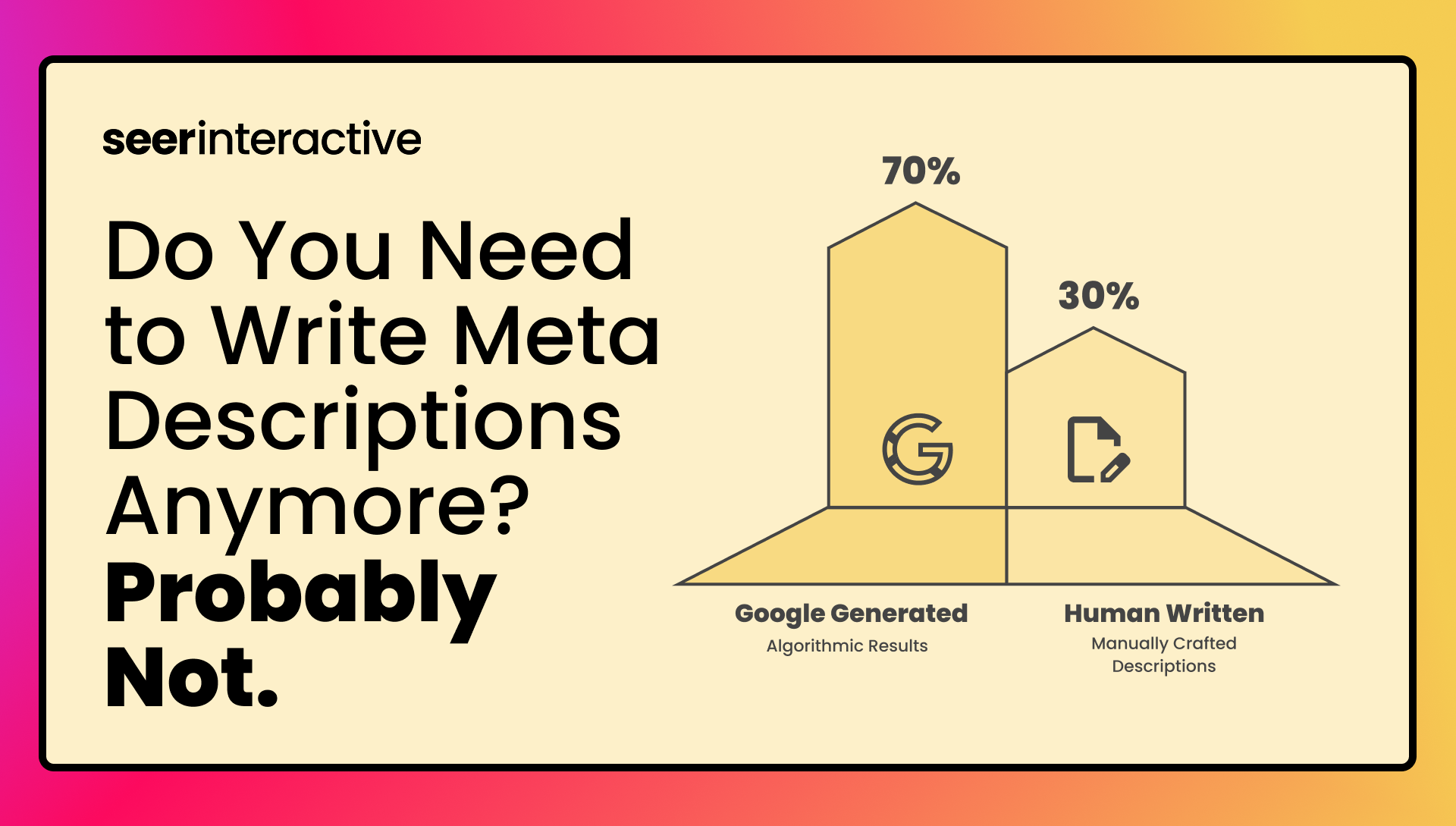Every digital marketer knows getting new eyes on your products is essential to growing any Ecommerce business, but accomplishing this can be easier said than done.
These tips will set you and your Ecom site up for SEO success, breaking down how to find highly relevant keywords that can help you drive qualified organic traffic and ultimately get more purchases on your site.
How “Fit” Fits Into Your Keyword Research
Keyword-Intent Fit
You've probably heard the classic digital marketing mantra “Content is key.” In SEO we take this a step further, knowing that high-intent content is key.
So what is search intent? And why is it such a big deal? Search intent is what Google uses, amongst many other things, to decide what people’s goals are when they look for things using Google.
There are four basic types of search intent:
- Informational - The user wants to find an answer for a specific question.
- Commercial - The user wants to investigate brands or services.
- Transactional - The user wants to complete an action (aka convert). This would be purchasing a product for Ecomm sites.
- Navigational - The user wants to find a specific page or site.
To get the best performance possible for your content, you’ll want to make sure it’s optimized for terms with the correct search intent.
The best way to do this is simply by looking at what pages Google is already rewarding for the keywords you want to target. Let’s use this example - say you’re a skincare brand that wants to rank for “best face cleanser”.

While you may want the product page for your bestselling face wash to be at the top of this search, Google is ranking pages with Commercial Intent.
This means you’ll have a much better chance ranking a listicle or comparison post for this SERP than a product page because users are in the consideration phase of their search journey, and want to be educated on all the best face washes out there.
As you’re compiling keywords to better SEO optimize your site, it's a good rule of thumb to take a look at what page types and on-page content is already ranking well.
Keyword-Product Fit
So now that you know what page type you need to use to match the search intent you want to go after, the next step would be to find the keywords with the highest monthly searches to target, driving tons of new traffic onto your site, right? Yes and no.
Yes, it's great to optimize for high MSV keywords, but search volume isn’t everything. What is more important is making sure your target keyword is a perfect fit with what your site sells.
We’ll keep running with the face cleanser example. Let’s say you’re doing some light keyword research for your product page using Google Autocomplete and see find a ton of keywords with high search volume.

You know you have an all-in-one rockstar face cleanser that can be used by anyone and is for all skin types. So you plan to add all the keywords above to your face cleanser product page.
Before you do that, let's look at the top-ranking pages for one of these terms, specifically “face cleanser for men”.

Notice how every single page and product is specifically for men, highlighting this within the page's titles, meta descriptions, and even product names. Google is rewarding these pages because the products are highly relevant and specific to what people are searching for.
So while your product may work just as well for men and women - or any human for that matter, if the keyword you pick is even a little bit of a stretch compared to the product positioning and copy on your Ecommerce site, it's unlikely that your page will end up ranking well.
And if it does, the people who search for that term aren’t going to convert because there are other pages that better match what they’re looking to buy.
Keyword-Audience Fit
The best way to meet your customers where they are at in the organic space, is to search as they would. This means knowing who your target audience is, what they want, and how they’d search to ultimately find your product.
One last example using our favorite skincare company. Here are some audience questions this specific Ecommerce site would want to know the answer to:
- Are my customers price-sensitive?
- What age are my customers?
- Are they up to date on the latest skincare trends?
- Do they want clean ingredients or ethically-sourced products?
- What level of education do they have around complex dermatological ingredients and what they do?
This exercise is going to look drastically different depending on what products your website sells. Regardless, putting yourself in your purchaser's shoes is a great way to discover specific keyword modifiers.
Bonus Tips
Use Amazon for Keyword Research
Now while we love our classic SEO tools here, they aren’t always cheap or feasible for smaller online businesses. That’s where Amazon Suggest comes in.
You can tap into Amazon for keyword research simply by entering a keyword that describes one of your products into the search bar, which will then populate a list of suggestions around that keyword.

The best part about this (aside from the fact that you’re getting insights from the biggest Ecommerce site in the world) is that Amazon Suggest populates long-tail keywords. This means that ranking for these terms will be less competitive and drive higher converting traffic - as long as your product’s attributes match the keywords you’re targeting, that is.
Additional Ecommerce Resources
The following articles are great for marketers who want to continue learning about Ecommerce:
- UX Checklist Series: Ecomm Page Design
- How to Prioritize Ecomm SEO Opportunities
- 3 Ways to Optimize Ecomm Copy
Check these out and let us know what you think on Twitter (@SeerInteractive)!


